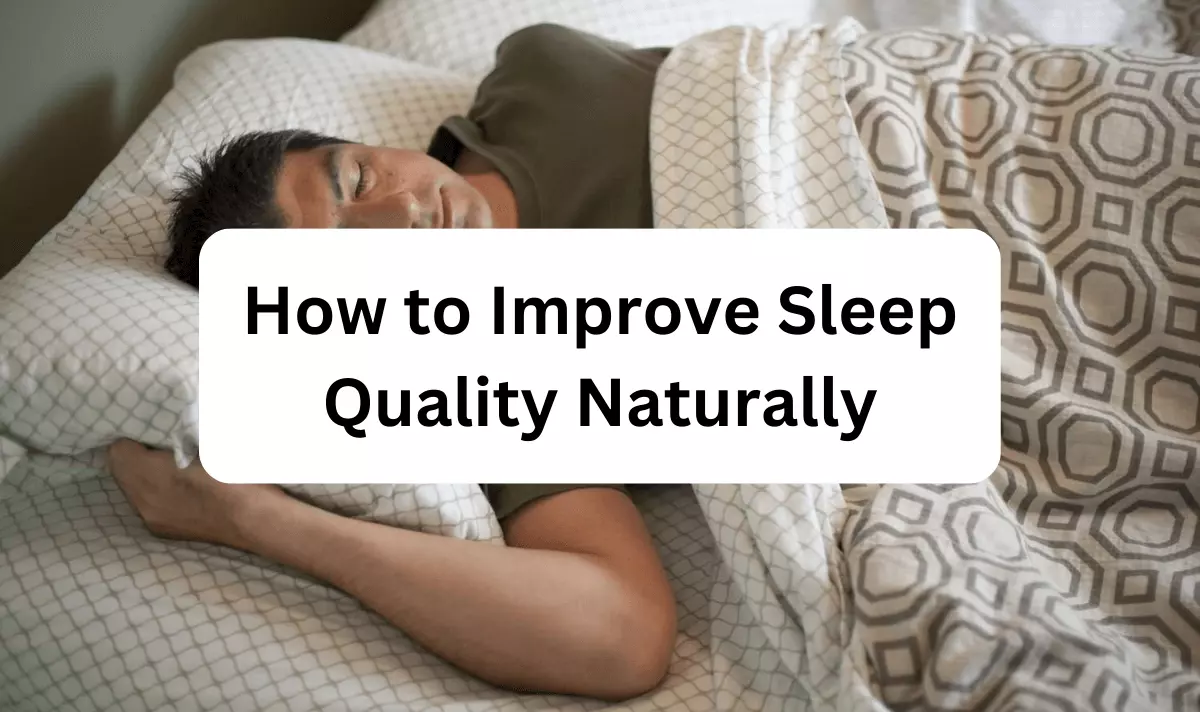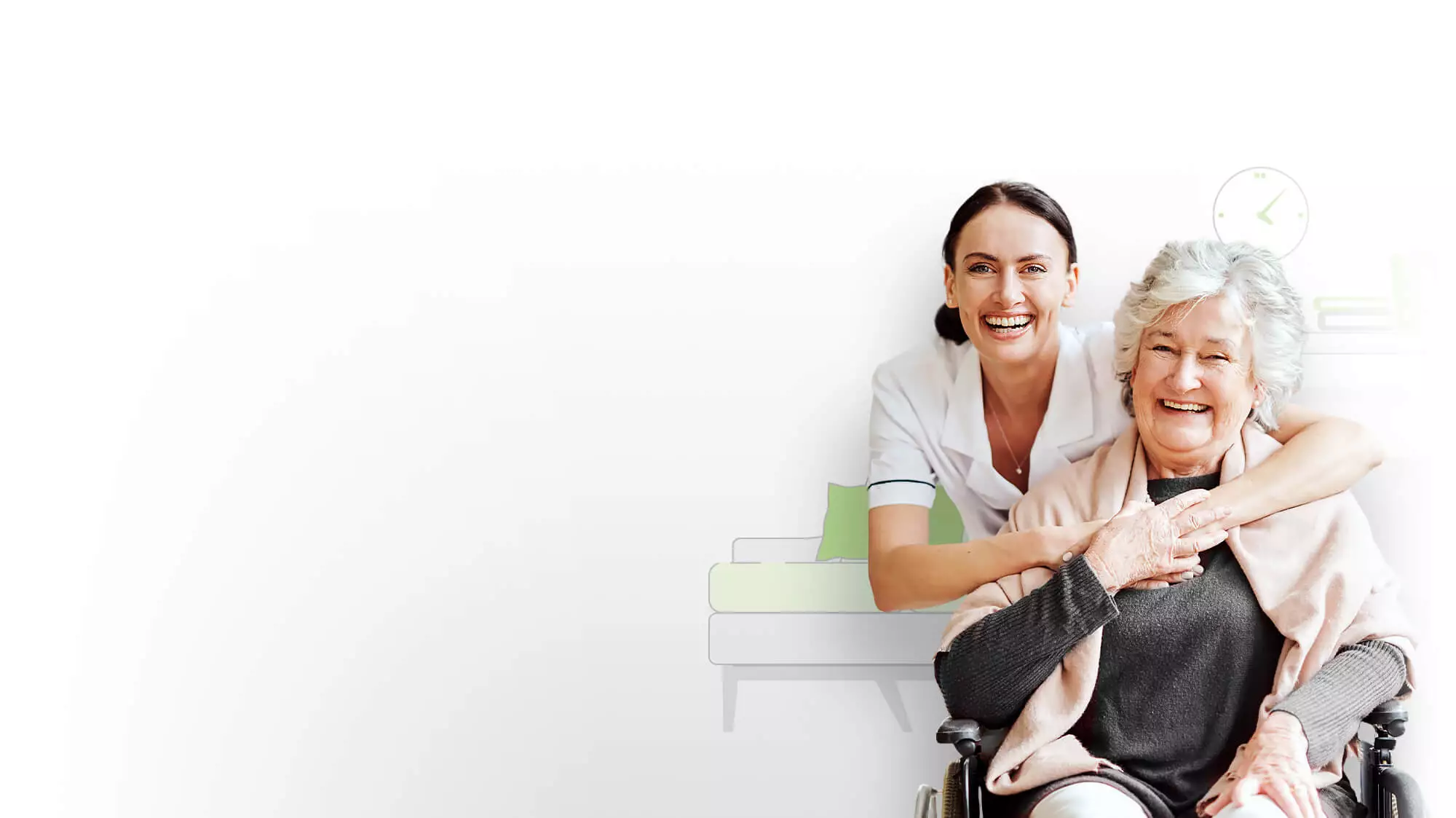When it comes to the care of elderly loved ones, one of the hardest decisions families face is placing them in a nursing home. The idea of entrusting someone else with the care of a family member can be emotionally challenging. Unfortunately, nursing home abuse is a real and often underreported issue. Many families are unaware of the signs of abuse or neglect, and some may feel powerless when they suspect something is wrong.
In this article, we’ll explore what nursing home abuse is, how to recognize it, and most importantly, what you can do to protect your loved ones from it.

Content
What is Nursing Home Abuse?
Nursing home abuse refers to any act of mistreatment or neglect that occurs in a long-term care facility. This can involve physical, emotional, sexual, or financial abuse. It can also include neglect, where a resident’s basic needs—such as food, water, hygiene, and medical care—are not met.
Unfortunately, because nursing homes often house individuals with cognitive impairments or physical disabilities, these residents may be less able to report abuse or defend themselves. This makes them particularly vulnerable to mistreatment.
Common Forms of Nursing Home Abuse
- Physical Abuse: This includes any form of physical violence, such as hitting, slapping, or restraining a resident. Bruises, broken bones, or unexplained injuries may indicate physical abuse.
- Emotional or Psychological Abuse: Verbal insults, threats, intimidation, or isolation from family members can have a serious emotional impact on residents. Signs include depression, anxiety, or withdrawal from social activities.
- Sexual Abuse: This involves any non-consensual sexual activity. It is often the most difficult form of abuse to detect and report due to the sensitive nature of the subject.
- Neglect: Neglect occurs when a caregiver fails to provide basic care, such as proper hygiene, nutrition, or medical attention. It can lead to malnutrition, dehydration, or untreated medical conditions.
- Financial Exploitation: Some residents may become victims of fraud, theft, or manipulation for financial gain. This can involve unauthorized access to bank accounts or coercion into giving away valuables or money.
- Medication Errors: Nursing homes are responsible for administering medication to residents. Medication errors, such as overmedicating or failing to provide prescribed medications, can have dangerous consequences.
Signs of Nursing Home Abuse
Recognizing the signs of abuse is critical in preventing further harm. Here are some common warning signs:
- Physical Signs: Unexplained bruises, cuts, or injuries; broken bones; and signs of restraint.
- Behavioral Changes: Withdrawal from social activities, fear of caregivers, or sudden changes in personality.
- Hygiene and Cleanliness: Poor hygiene, soiled clothing or bedding, or neglect of grooming.
- Financial Discrepancies: Missing personal belongings, unusual bank activity, or sudden financial difficulties.
If you notice any of these signs in your loved one, it’s crucial to take action immediately to prevent further abuse.
How Can You Protect Your Loved One?
- Research the Nursing Home: Before choosing a facility, research its reputation, ratings, and history. Websites like Medicare’s Nursing Home Compare can provide valuable information on the quality of care offered at nursing homes.
- Visit Regularly: Regular visits to the nursing home can deter potential abusers and allow you to observe your loved one’s care firsthand. Unannounced visits can be particularly effective in revealing any problems that might be hidden.
- Be Involved: Advocate for your loved one by staying involved in their care plan. Regular communication with caregivers and staff will help ensure that your loved one receives the care they deserve.
- Speak Up: If you suspect abuse, don’t remain silent. Report it to the facility’s management, local authorities, or adult protective services. You may also want to consult with a legal professional who specializes in nursing home abuse cases.
- Know Your Legal Rights: If you believe your loved one has been the victim of nursing home abuse, it is essential to understand your legal options. Seeking legal advice can help you take the necessary steps to protect your loved one and hold the responsible parties accountable.
One reputable source for legal guidance is More2You, a law firm that specializes in cases of nursing home abuse. Their experienced team offers legal services to help families navigate these complex and sensitive situations. They work tirelessly to ensure that elder abuse victims receive the justice they deserve.
To learn more about how to protect your loved one from abuse and how legal professionals can help, you can visit More2You’s nursing home abuse page here.
What to Do if Abuse Is Suspected
If you suspect that your loved one is being abused, the first step is to remove them from the harmful environment. Seek immediate medical care if needed, and report the abuse to the appropriate authorities. Document any signs of abuse, as this can be important evidence for investigations and legal proceedings.
It is also advisable to contact an attorney who specializes in elder law and nursing home abuse. A legal expert can guide you through the process of filing a complaint, pursuing a lawsuit, or seeking justice through other legal channels.
Conclusion
Protecting our loved ones from nursing home abuse requires vigilance, awareness, and action. By recognizing the signs of abuse, being proactive in selecting a facility, and getting involved in your loved one’s care, you can significantly reduce the risk of harm. Additionally, seeking legal assistance when abuse is suspected can ensure that those responsible are held accountable, and justice is served.
For more guidance on how to safeguard your family members from nursing home abuse, visit at More2You.com. Their experienced legal team can provide the support you need to fight for your loved one’s rights.

Gina Jordan is a health blog author who has been writing about healthy living since 2013. She started her journey by adopting a vegan diet and eating only organic foods, but the more she learned, the more she realized that we should all be eating plant-based diets exclusively. As an expert in nutrition and wellness, Gina blogs to educate readers on how they can live happier and healthier lives through food choices!












